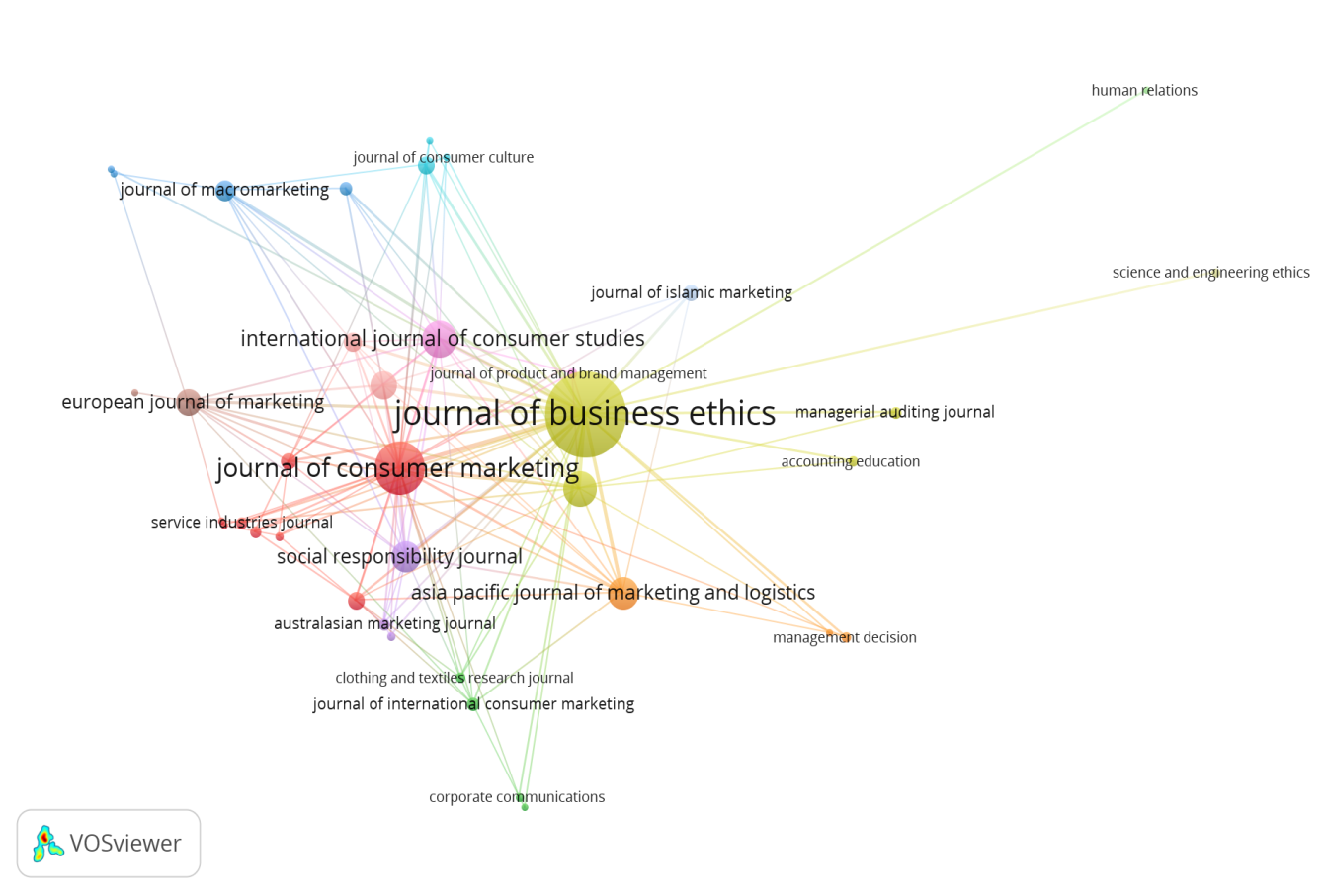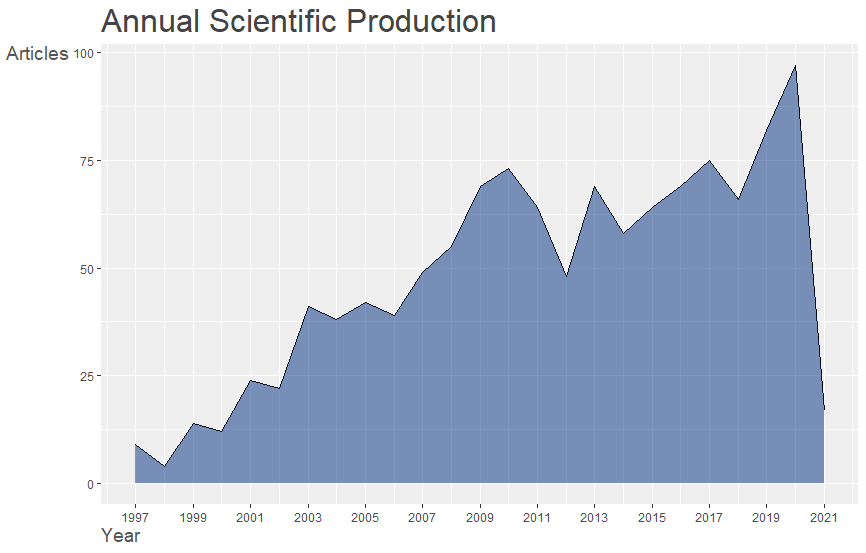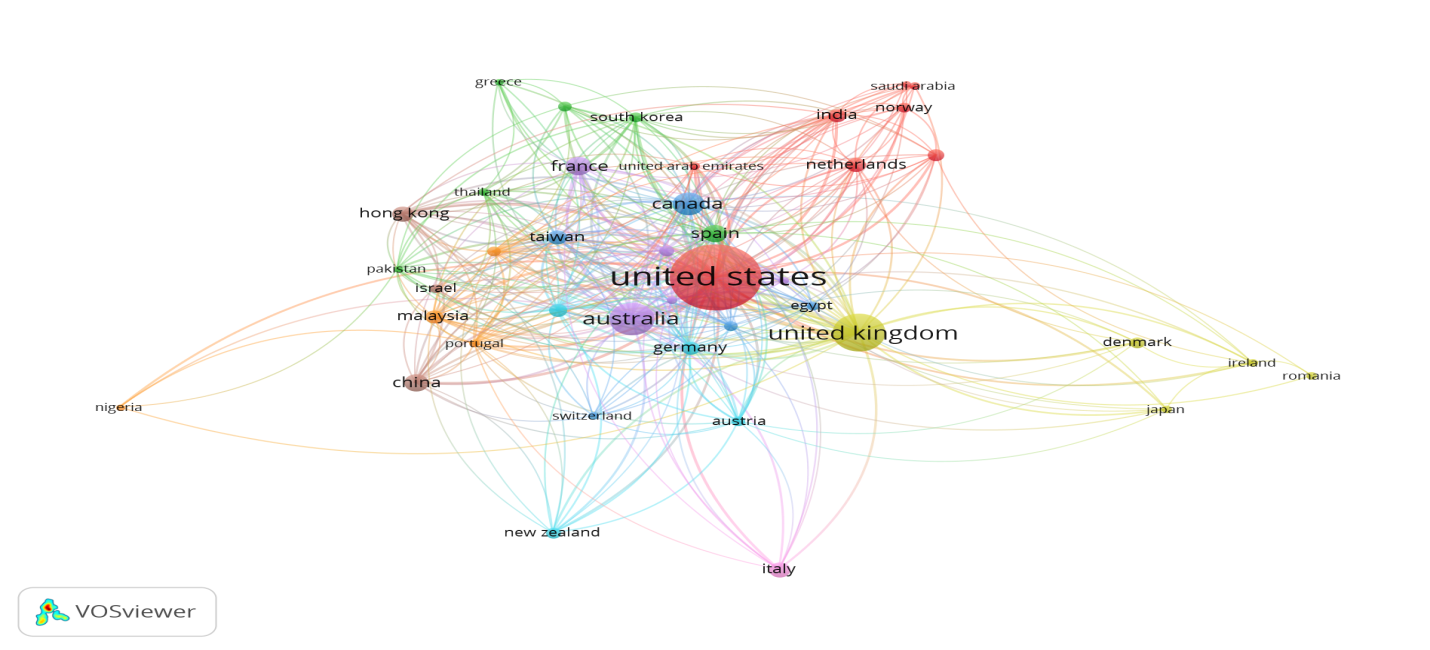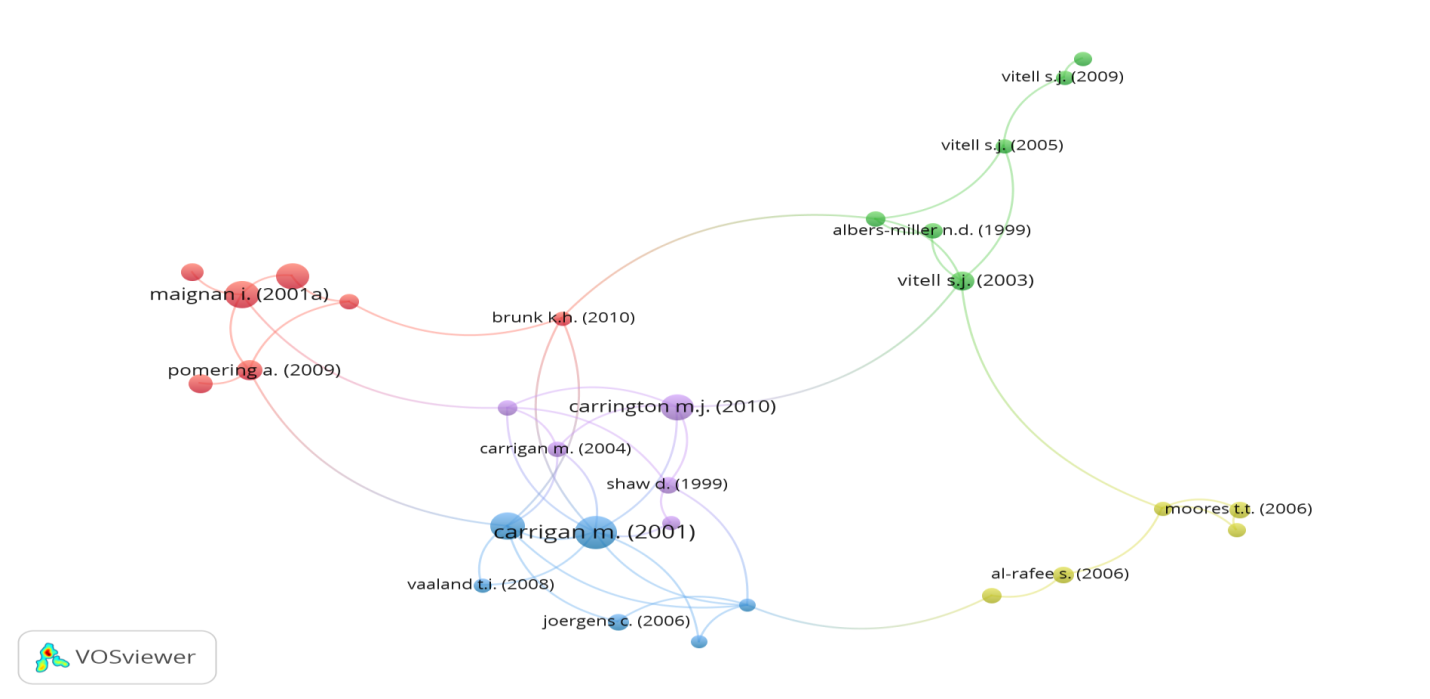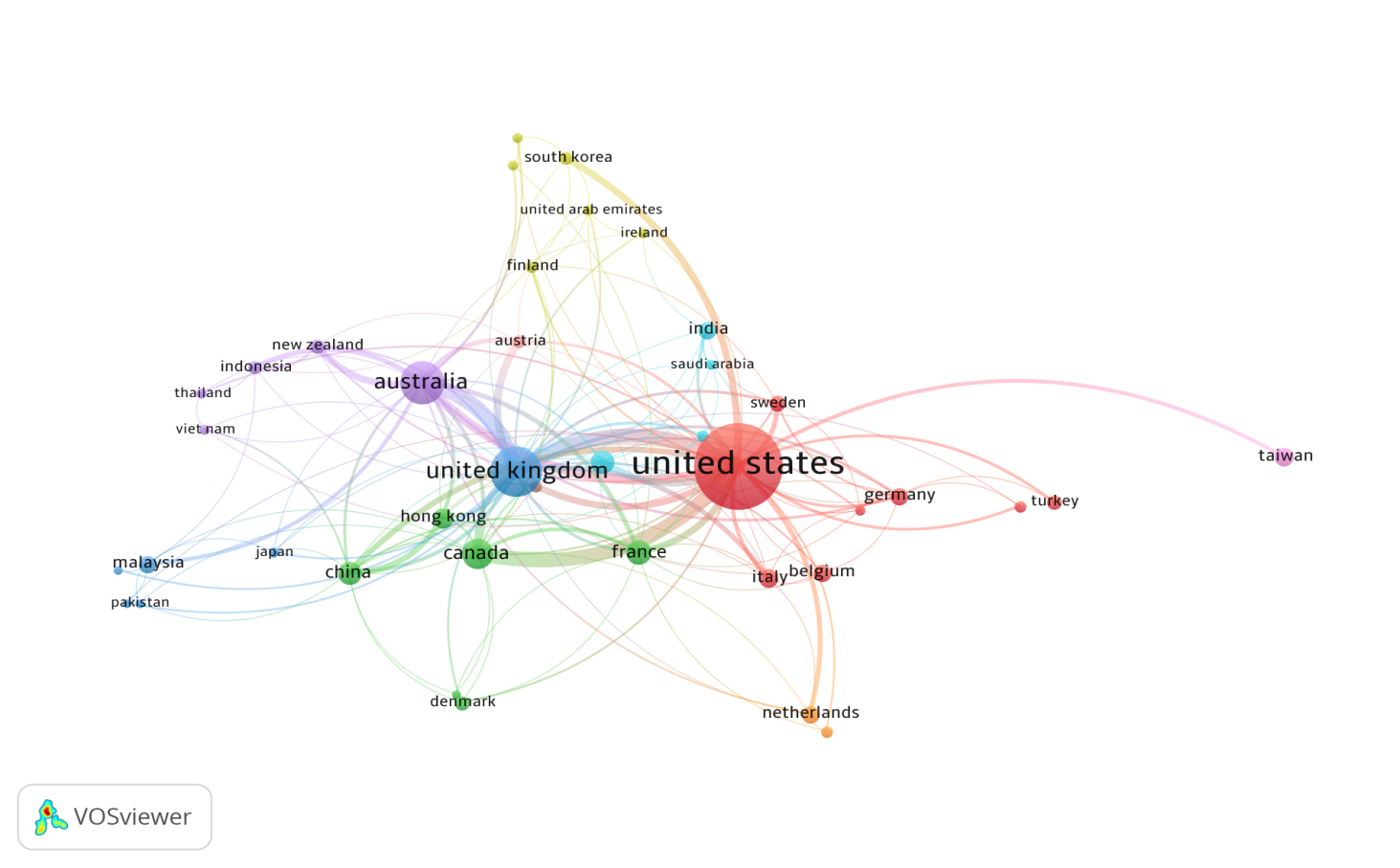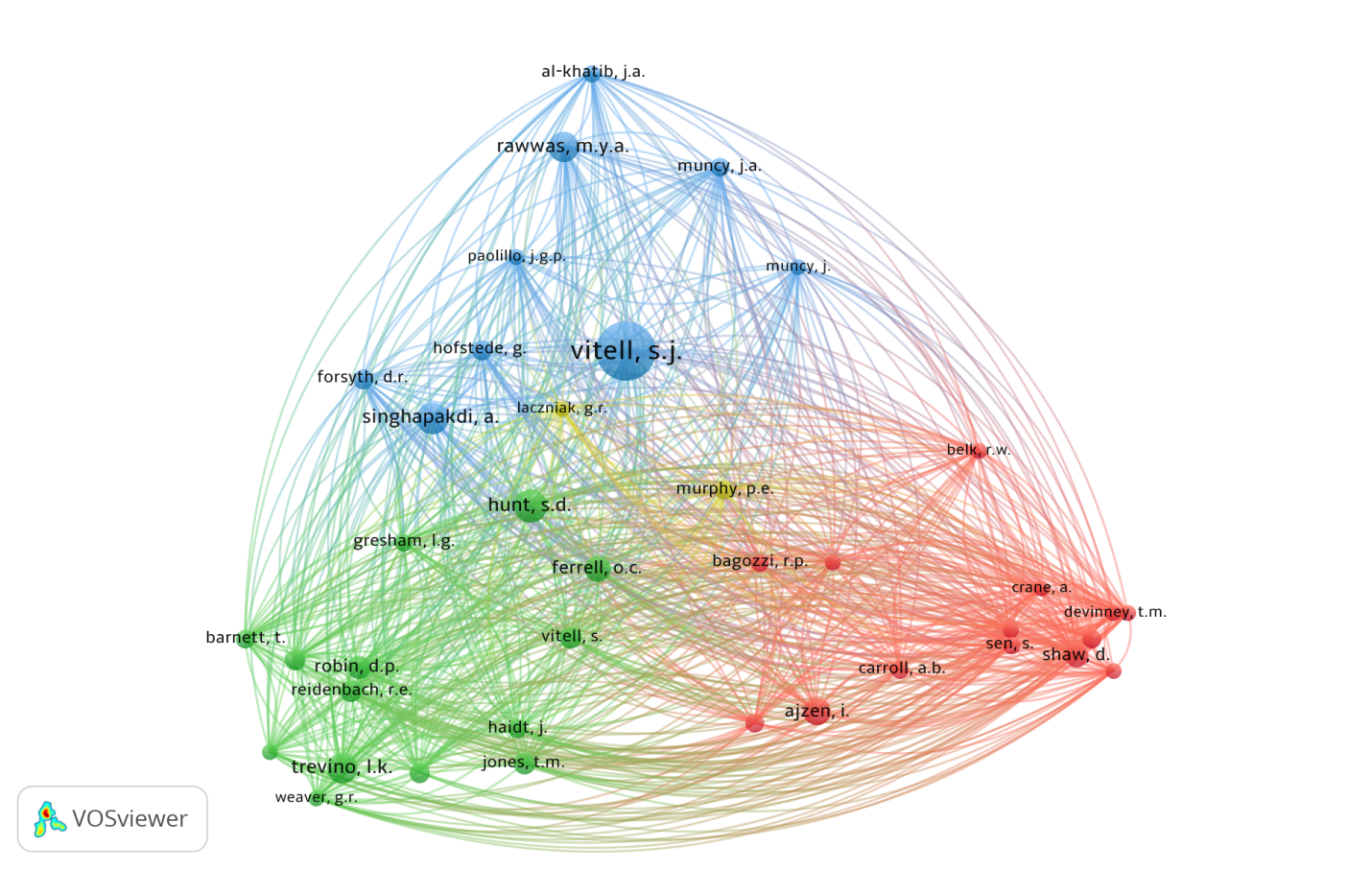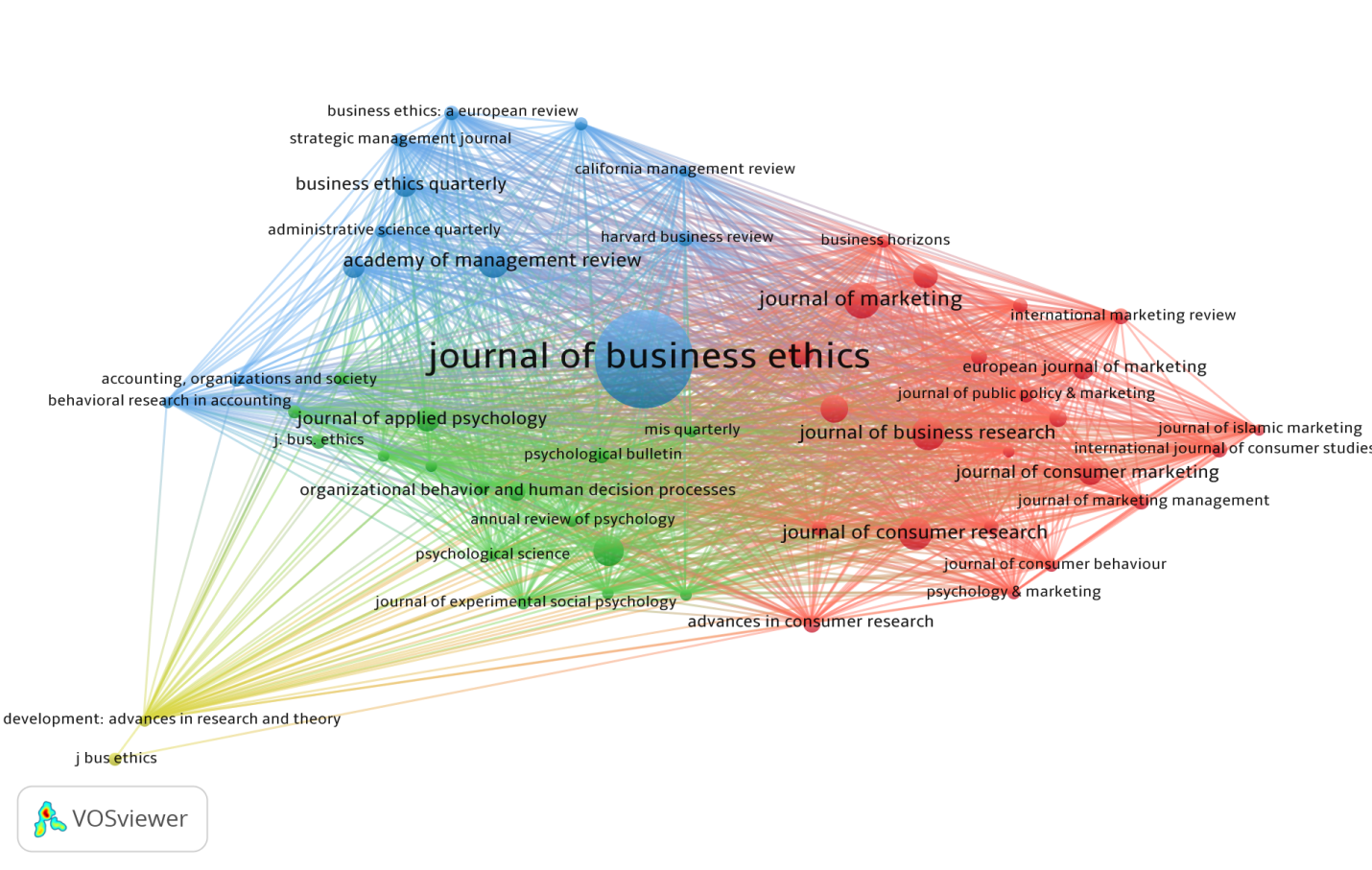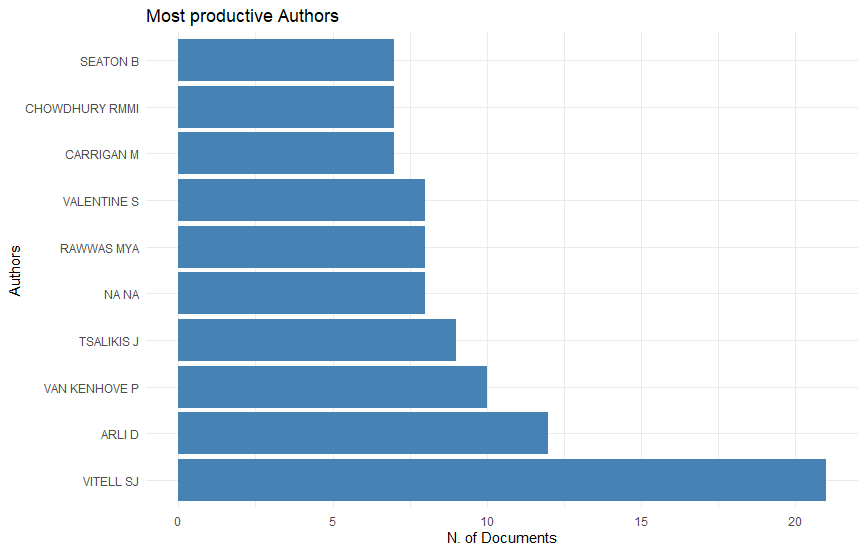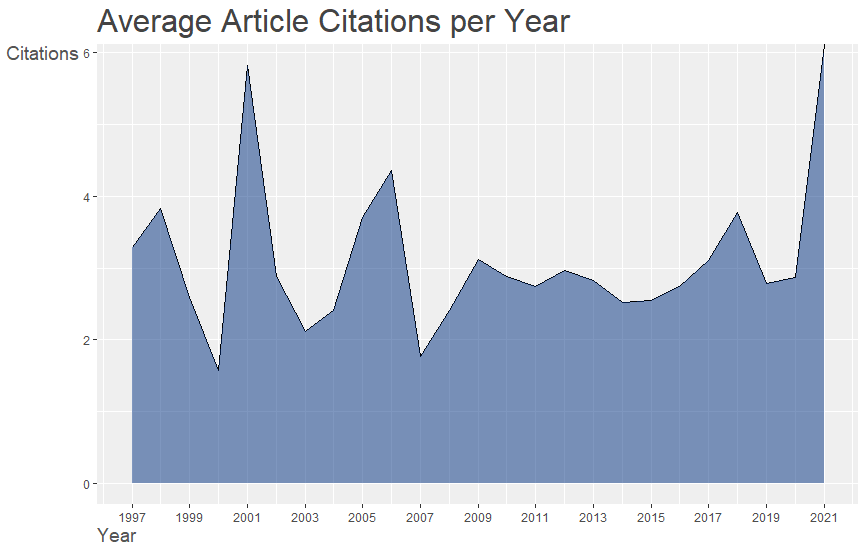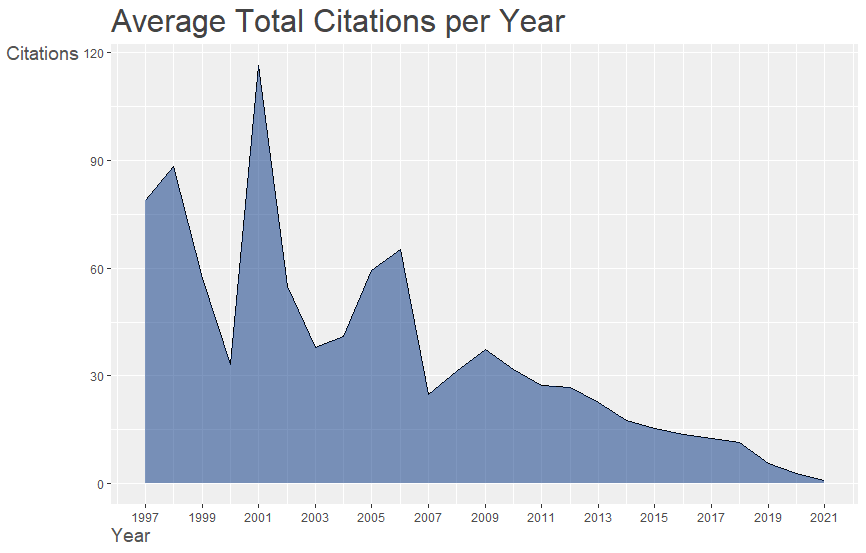Bibliometric Review of Consumer Ethics: Synthesis and Future Directions
Bogale M1*†, Kaur G2†
DOI:https://doi.org/10.55968/ijems.v14i02.521
1*† Mamta Bogale, Department of Commerce, University of Jammu, Jammu, Jammu and Kashmir, India.
2† Gurjeet Kaur, Department of Commerce, University of Jammu, Jammu, Jammu and Kashmir, India.
Consumer ethics has gained the attention of researchers, academia, and industry. During the last 25 years, several researchers have made theoretical and empirical contributions to the body of knowledge yet only a fragmented understanding is known about consumer ethics. This paper aims to present a comprehensive examination of consumer ethics research across different time periods by integrating bibliometric insights with a systematic literature review. Indeed, it attempts to present a synthesized review of studies conducted by numerous authors in different countries during the last three decades. This study employs natural language processing (NLP) techniques along with Aduna clustering to offer an in-depth analysis of consumer ethics research conducted over the past 25 years (1997–2022). It traces the developmental trajectory of the field by examining various parameters such as core research themes, keywords, influential authors and journals, citation patterns, and the geographical distribution of studies. The results highlight existing gaps in the literature, providing a foundation for future exploration in the domain of consumer ethics.
Keywords: Literature review, Consumer ethics, Bibliometric analysis, VOS viewer
| Corresponding Author | How to Cite this Article | To Browse |
|---|---|---|
| , , Department of Commerce, University of Jammu, Jammu, Jammu and Kashmir, India. Email: |
Bogale M, Kaur G. Bibliometric Review of Consumer Ethics: Synthesis and Future Directions. ijems. 2025;14(02):57-73. Available From https://ijems.net/index.php/ijem/article/view/521/ |


 ©
© 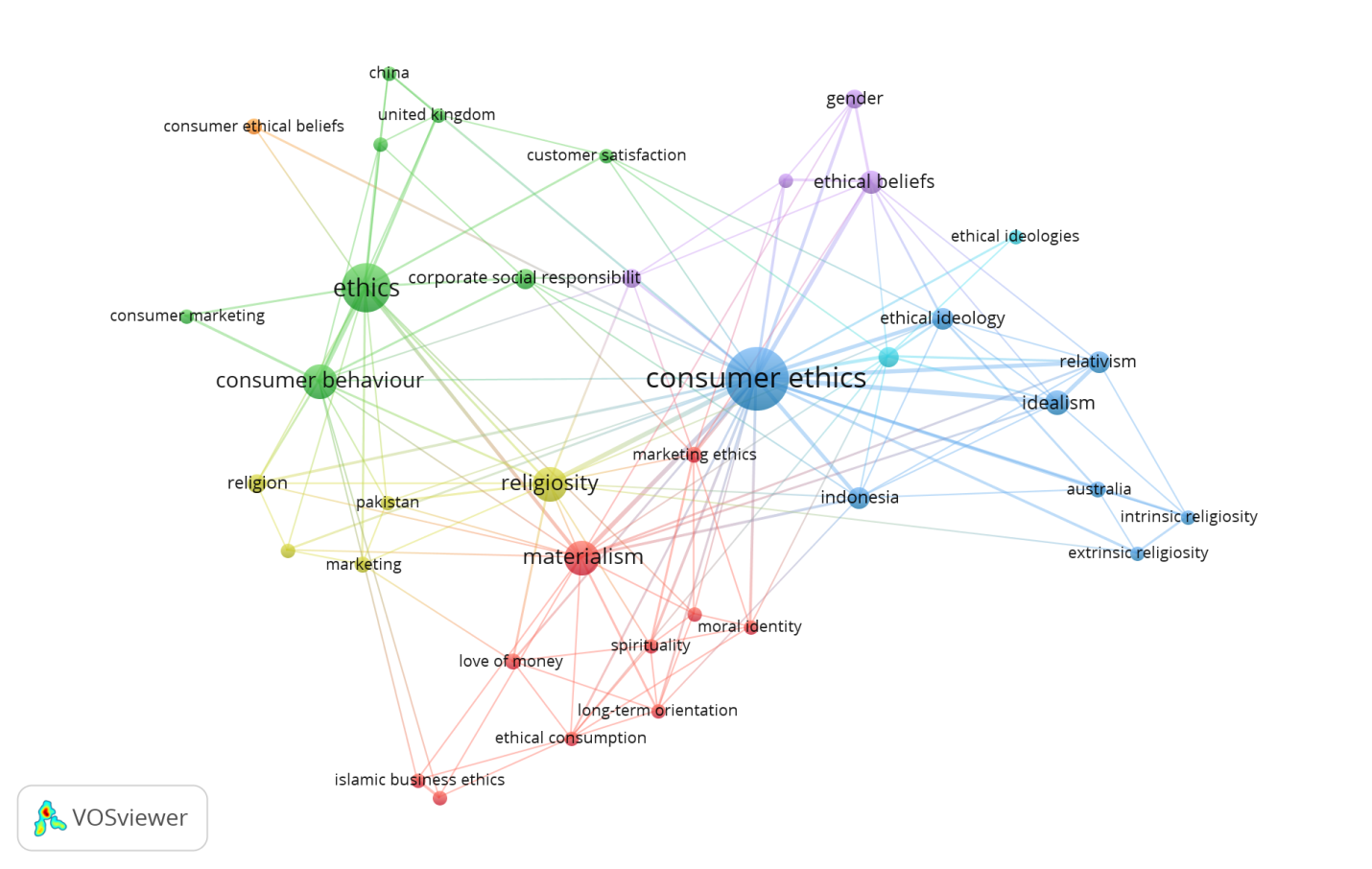 Figure 1: Cluster mapping of keywords
Figure 1: Cluster mapping of keywords